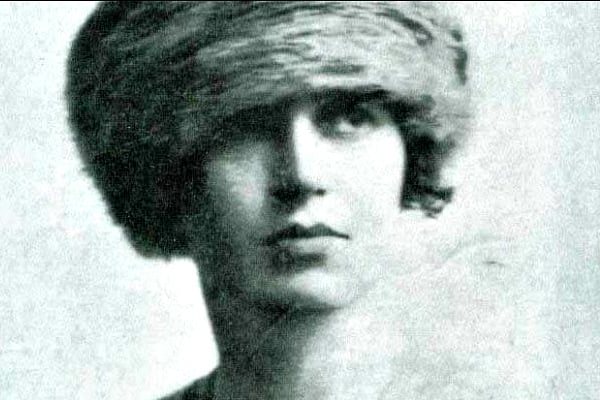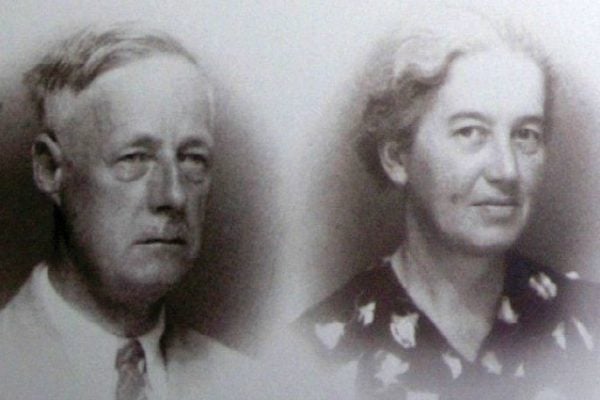
To most who boarded the train in Bucharest, nothing would have seemed out of the ordinary. The dozens of women and children dotted throughout the carriages appeared to be on an excursion to the seaside. Some were carrying beach bags and the little ones were chatting excitedly to each other as the train rocked through the Romanian countryside towards the resort town of Constantza.
No one could tell that many of these women had what little jewellery or valuables they still owned secreted inside the hems of their dresses. No one could tell they were fleeing.
The group, mostly refugee wives and widows of captured Polish officers, was joined by 400 more at the seaside resort town. Together, they boarded the ferry to Istanbul, clutching their travel documents — either forged or black-market.
Among those herding the little ones on board, was an English-speaking woman posing as a governess. An Australian. Joice NanKivell Loch.
The writer and journalist was among a civilian humanitarian group that planned the escape of thousands of Polish Jews to Cyprus with the approval of British authorities. As part of the effort, these 1,000 women and children were entrusted to her.
Her journey was dubbed Operation Pied Piper.
Today, Joice is considered one of this country’s most unsung heroes. With 11 medals from Australia, Greece, Poland, Romania and Britain, the writer-turned-humanitarian remains Australia’s most decorated woman.
This is why.
The making of a hero.
Joice was born on January 24, 1887, at Farnham, near Ingham, Queensland, in the middle of a cyclone. As the granddaughter of a wealthy sugar company owner, her early life was one of great privilege, until the family fortune was lost with the abolition of Kanaka labour (workers from the Pacific Islands).


Top Comments
It would need a "name" to portray her in a big-budget production.
Margot Robbie these days probably.
Anyway, it's a story deserving to be told to young women of today.